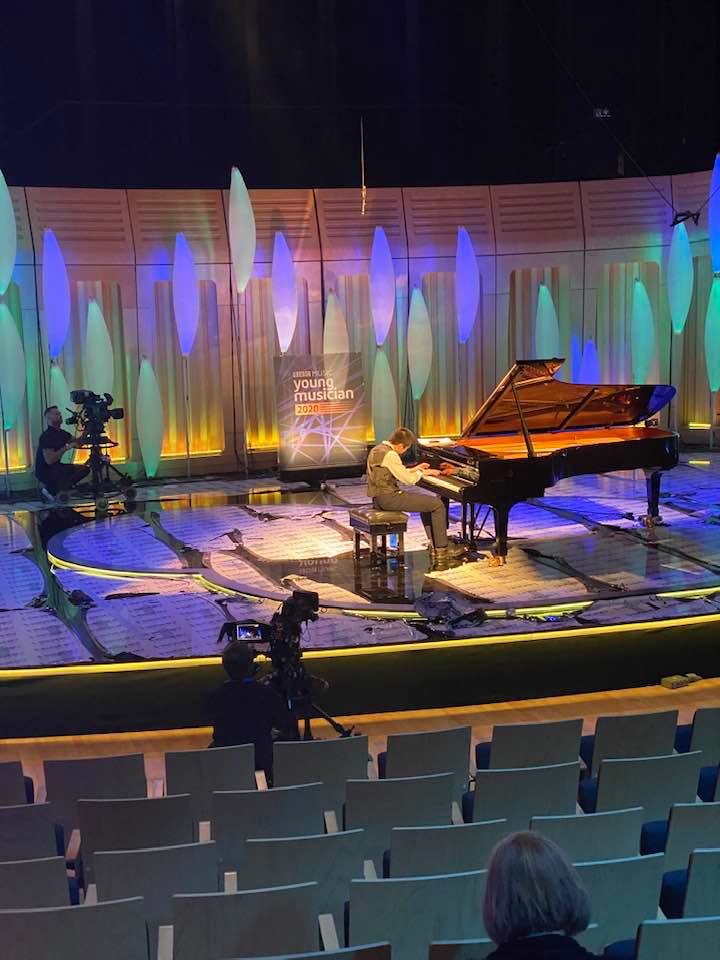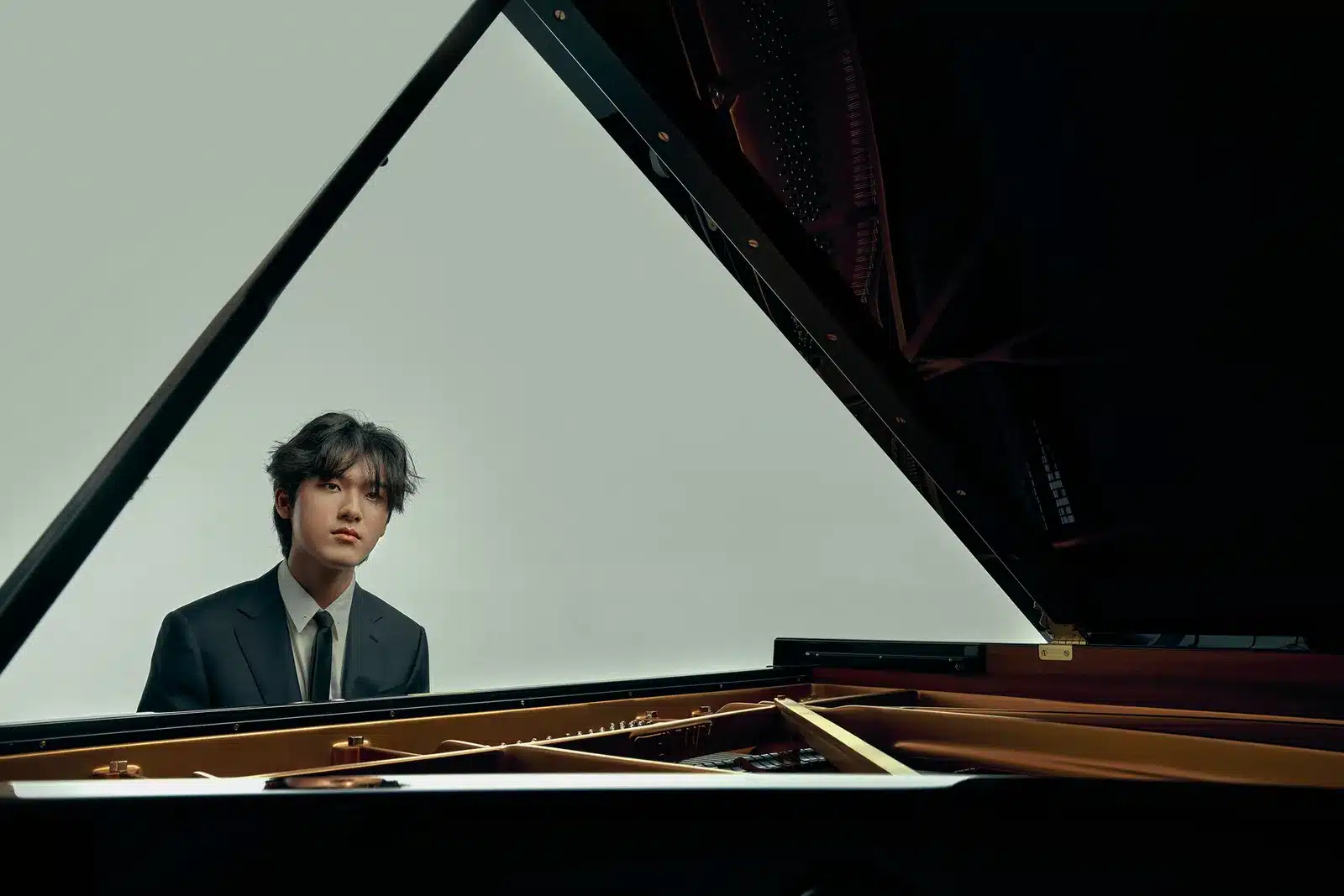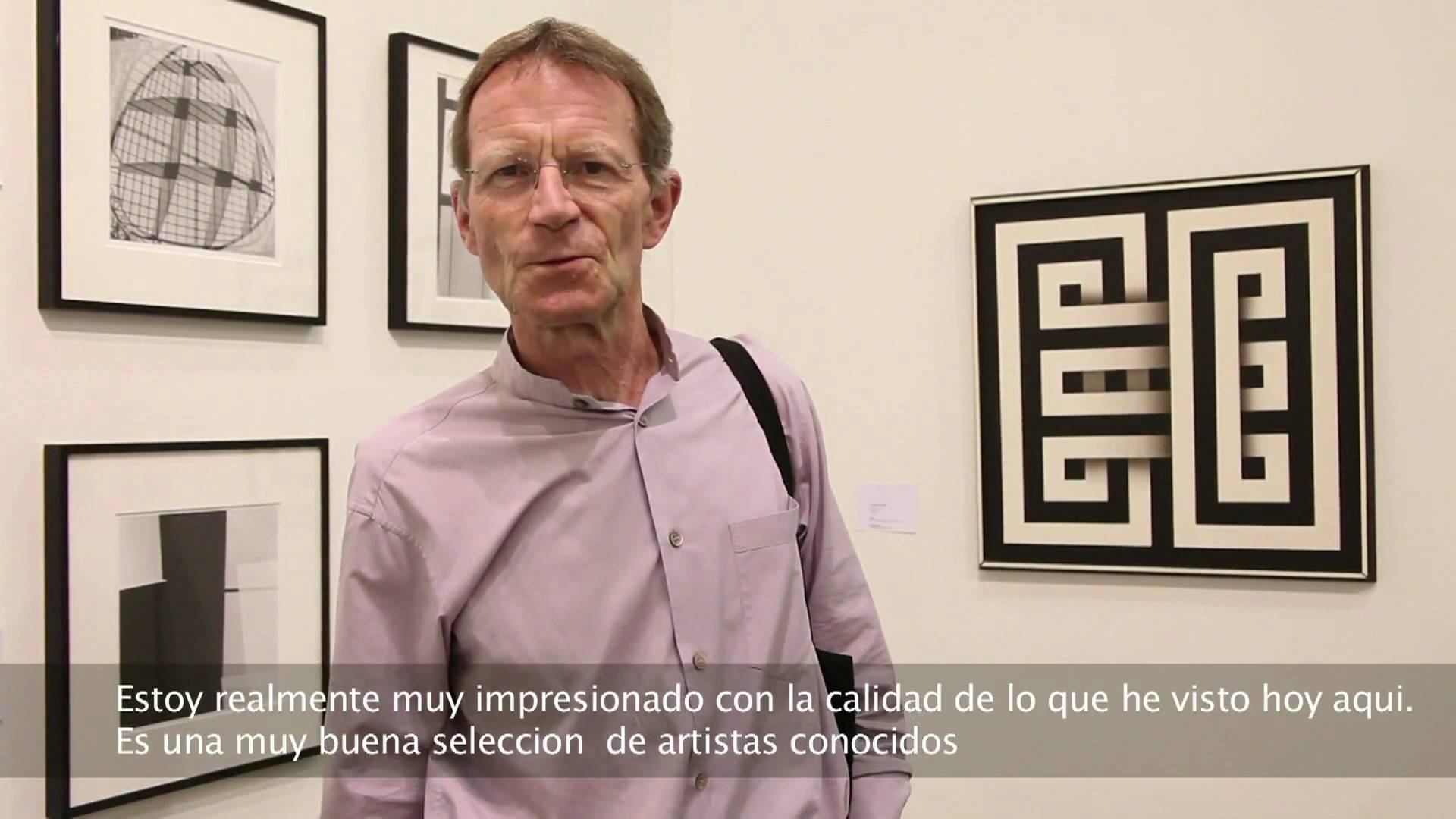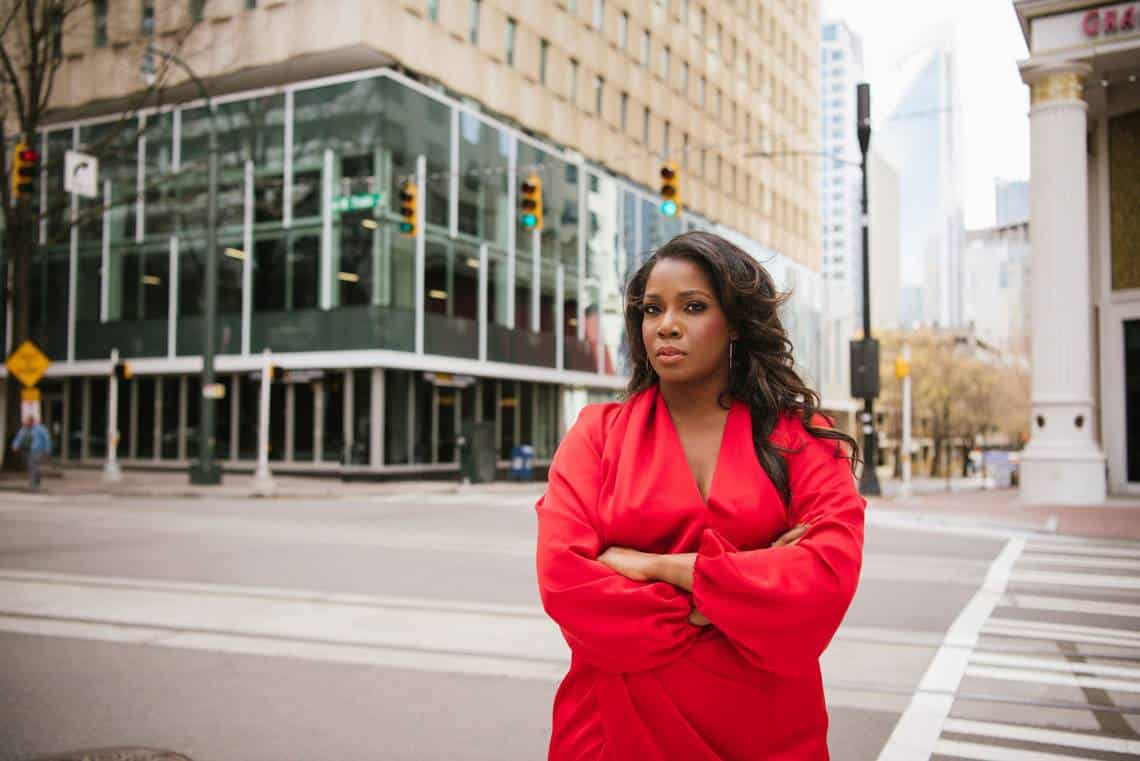Why won’t the BBC back British artists?
mainComment of the Day from James Earlbridge:
I’ve watched BBC Young Musician of the Year for many years now. Each edition appears to get more and more sanitised and anodyne in presentation and content. I have wondered though, how is it this excellent Marimba player was allowed to compete in this competition? I thought that one had to be a UK Citizen or Permanent Resident in order to participate? Clearly this talented boy who to my knowledge has only been in the UK for 2 years can’t have been cleared for citizenship yet? Or has the British tax-payer funded competition now open to all participants?
The same question can be asked of the BBC New Generation Artists Scheme which again is tax payer funded and ought to be there to give talented British musicians a leg-up in the music industry and opportunities to perform on the best national stages. Now it seems to be a scheme which is open internationally with no transparency how the candidates are selected and often to candidates who have virtually no connection to Britain. There are so many extremely talented British-born musicians that given the right resources could thrive, contribute and build a truly valuable musical culture, but it seems that this is being put by the wayside in favour of a vapid internationalist approach which serves only those who already have a big profile and international connections.






Comments